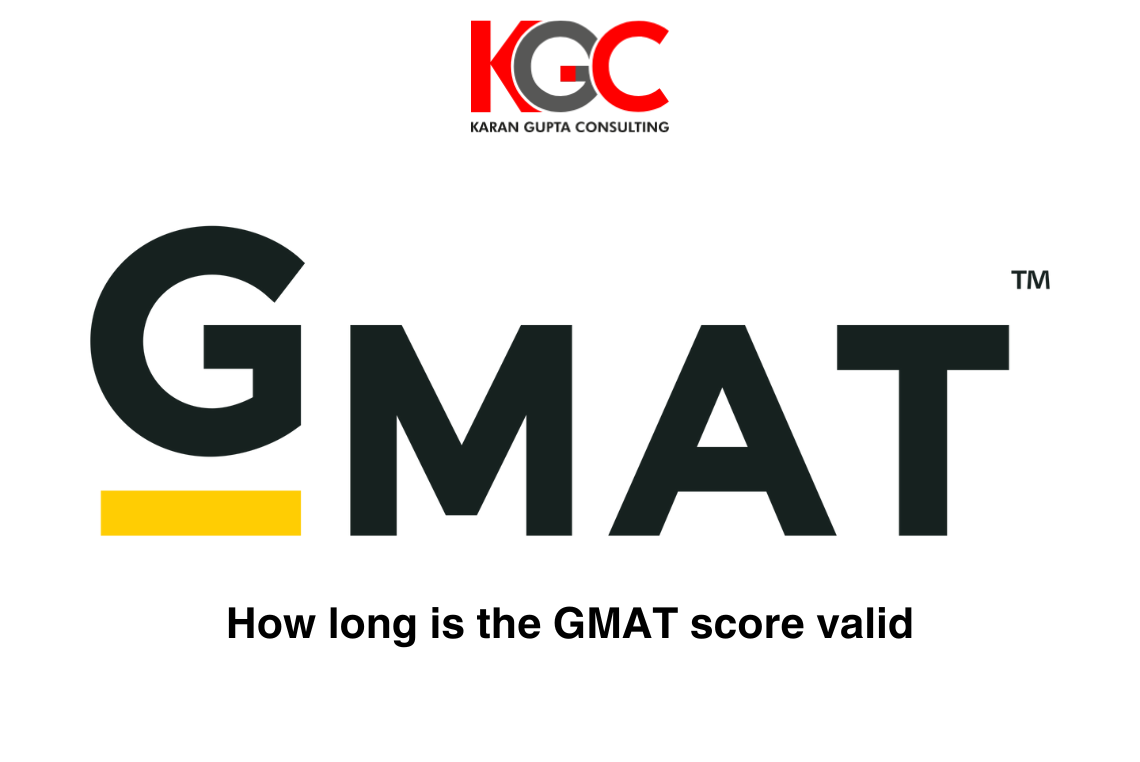- +91 22 23526372
- kgc@karangupta.com

The GMAT (Graduate Management Admission Test) score is typically valid for five years from the date you take the exam. This means that business schools and graduate programs will generally accept GMAT scores that are up to five years old when you submit your application. The five-year validity period is designed to ensure that the score reflects your current abilities and knowledge, as skills and information retention may change over time. Applicants need to be aware of this timeframe when planning their graduate school applications, especially if they are considering taking the GMAT well in advance of applying to programs.
GMAT scores remain valid for five years from the date you take the exam. During this period, you can use the score to apply to various business schools or graduate programs. After five years, the score validity ends, and most institutions no longer accept it for admission. While you can access your scores for up to 10 years, they typically aren't considered by programs once they pass the five-year mark. Therefore, it's advisable to plan applications accordingly within this timeframe.
The GMAT Focus edition, launched in November 2023, is a new version of the Graduate Management Admission Test. Universities typically consider scores ranging from 205 to 805 as valid for admission purposes. This test consists of three sections: Quantitative Reasoning, Verbal Reasoning, and Data Insights, with each section scored on a scale of 60-90. The total score is derived from these section scores. Universities typically consider a GMAT Focus Edition score within a range of 550 to 800 as valid for admissions, though the exact score requirement varies by institution and program. A higher score, often above 700, is considered competitive for top business schools, while scores around 600-700 are acceptable for mid-tier programs. While many universities have started accepting GMAT Focus edition scores, applicants need to check with their specific target schools to confirm their score requirements and acceptance policies, as some institutions may still be in the process of updating their admissions criteria to include this new test format. Additionally, factors like work experience, academic background, and personal achievements can also influence the evaluation of the GMAT score.
When a GMAT score expires, which occurs five years after the test date, it is no longer considered valid by business schools and cannot be used for admissions applications. Expired scores are removed from the official GMAT report, and test-takers must retake the exam if they wish to submit a new score for future applications. Schools typically only accept GMAT scores that are within the last five years, so keeping track of the score’s expiration date is important for anyone planning to apply to MBA programs.
